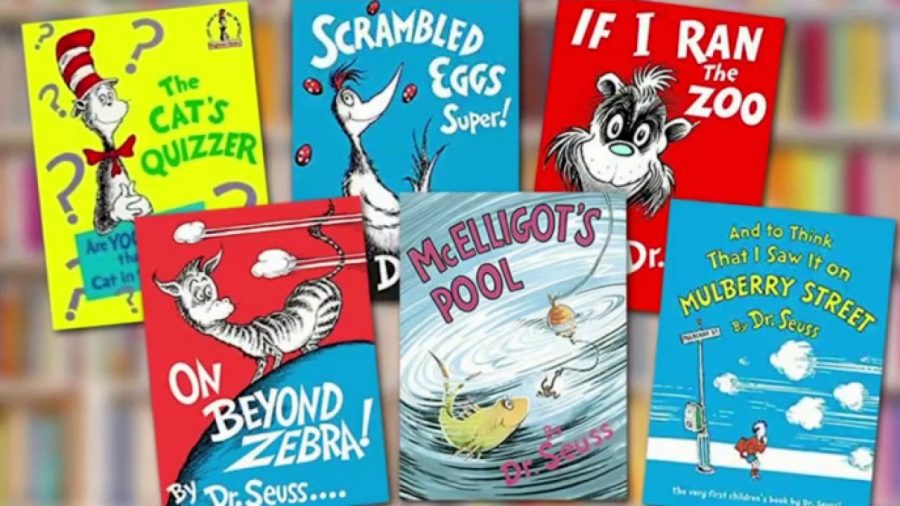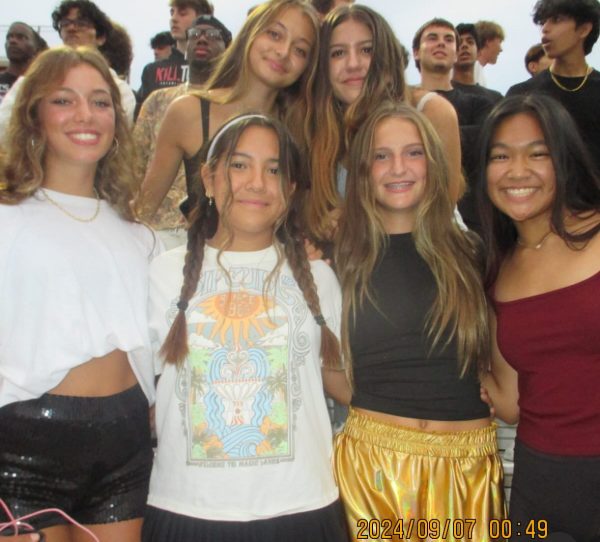Dr. Seuss Controversy
Cancel culture strikes once again, but this time it is aimed at the famous author, Dr. Seuss for some racially insensitive images depicted in his books.
Children all over America have grown up reading Dr. Seuss’s books either in school or in libraries. Books such as “Green Eggs and Ham” and “The Cat in the Hat” are still quoted to this day despite being published over sixty years ago. Many were confused to hear that six of Dr. Seuss’s books were to stop being published this year and discovering the reason behind this decision shocked people even more.
His books are being criticized for how he depicted Black and Asian communities in his illustrations. The six books facing backlash are: “And to Think That I Saw It on Mulberry Street,” “If I Ran the Zoo,” “McElligot’s Pool,” “On Beyond Zebra!,” “Scrambled Eggs” and “The Cat’s Quizzer”. It was surprising for many to learn that one of their favorite authors from their childhood had disrespected minorities in children’s books sold all over the world. For decades the imagery used in Dr. Suess’s books was overlooked, but this year Dr. Seuss Enterprises decided to stop publishing the books completely.
“Ceasing sales of these books is only part of our commitment and our broader plan to ensure Dr. Seuss Enterprises’ catalog represents and supports all communities and families,” Dr. Seuss Enterprises told The Associated Press during an interview.
Dr. Seuss was known to be a huge advocate for the environment and education, so many never imagined his books would contain insensitive images. As the public grew aware of this controversy, they started to research more information about Dr. Seuss’s past. To much surprise, people were met with some of his old cartoons which depicted isolationist, racist and anti-Semitic ideology. The cartoons were drawn during WWII when America was wary of whether to enter the war or not, but Dr. Seuss deeply encouraged the United States to enter.
Now that people are starting to become aware of the beloved author’s dark past, the topic of whether to continue keeping Dr. Seuss’s books in libraries has started to become a major discussion.
Is it ethical to continue selling and using Dr. Seuss’s books as a learning tool despite the recent discovery of his racially insensitive past? This question has many pros and cons to consider as either decision can lead to a backlash in the future.
Your donation will help support The Lambert Post, Lambert High Schools student-run newspaper! Your contribution will allow us to purchase equipment and cover website hosting costs.










